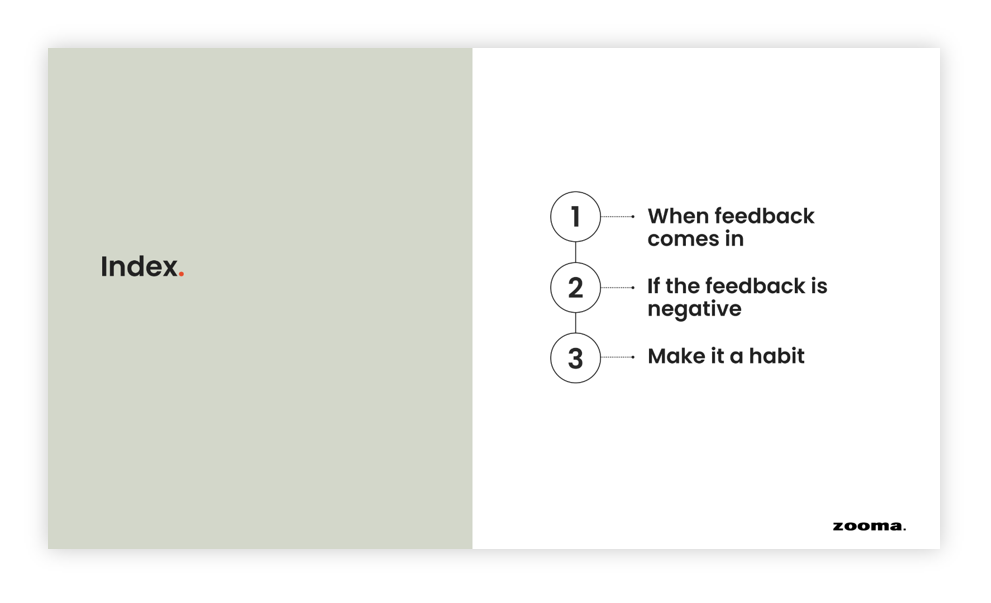When a customer takes the time to provide your company with feedback through an NPS survey, a post-project evaluation, or even a spontaneous comment, your response (or lack of one) sends a powerful message.
Regrettably, numerous organisations underestimate the significance of the actions taken after collecting feedback.
Silence is harmful
In today's B2B landscape, feedback loops are everywhere. NPS tools, CRM-integrated surveys, and evaluation forms make it easier than ever to gather customer input. However, the real value lies not in collecting feedback but in what you do with it.
If a customer gives you a low NPS score, do you:
- Log it in a dashboard and move on?
- Or reach out, understand why, and take steps to address the root cause?
If a key stakeholder flags an issue in a project review, do you:
- Wait for the next scheduled meeting?
- Or follow up proactively to clarify, resolve, and show accountability?
Speed, clarity, and consistency in your follow-up aren't just signs of professionalism — they're clear competitive advantages.
What your response says
- Your response time shows your respect for the customer's time and input.
- Your follow-up reflects your priorities — are you truly focused on the customer or just expressing it?
- Your silence communicates indifference, whether you intend it or not.
Simply put, every piece of feedback is a moment of trust, and what you do next either strengthens or erodes that trust.
A habit
Many companies talk about being customer-first, but few act like it when it matters most. Closing the loop isn't a campaign—it's a habit that builds credibility and loyalty over time.
Here are a few simple practices that can help:
- Set internal SLAs to follow up on survey responses.
- Route critical feedback to a responsible owner, not a shared inbox.
- Train teams on acknowledging, not defending, when customers are disappointed.
- Use negative feedback to show customers that their voice leads to action.
The companies that "win"
Customers don't expect perfection. However, they do demand attention. And they remember how you respond when something goes wrong.
The companies that win in the long run aren't the ones that never receive criticism—they're the ones that respond to it better than anyone else.





